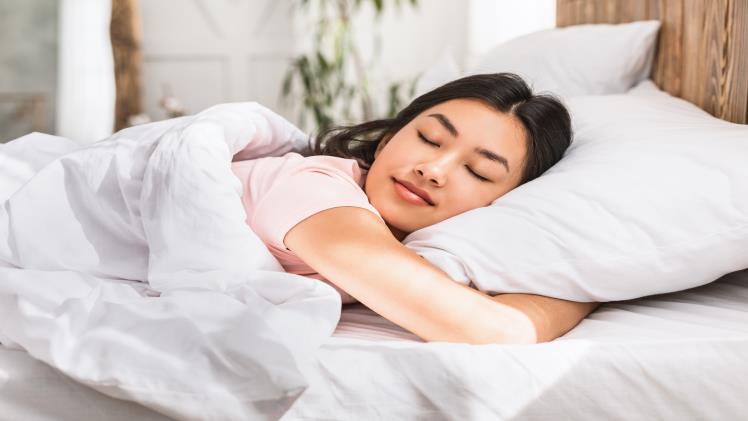If you have trouble sleeping, a sleep study or sleep test can determine the underlying cause, and your doctor can lay out the best treatment plan. A sleep study is usually used to diagnose sleep disorders like sleep apnea. It records and measures various body functions related to sleep. While these studies usually occur in a clinic, you can also choose to get them at home.
During the study, electrodes are attached to your legs, chest, and head using a paste or gel. This helps monitor your brain activity, heart rate, breathing, eye movements, etc. Additionally, a camera records your body’s movements throughout the night. If you have booked a home sleep testing bronx, you should know how to prepare for it.
Preparing for a sleep test
-
Discuss your medications with your doctor.
Certain types of medications can cause inaccuracies in your sleeping test. That is why discussing any medications you may be currently taking beforehand is important, including supplements and OTC. However, do not worry. Your physician will only make temporary adjustments to your medication so they do not negatively affect the study.
-
Use the 4-7-8 breathing method.
People often find it difficult to fall asleep during a sleep study. You can use the 4-7-8 breathing method to fall asleep easily. To do the method, follow the steps:
- Position the tip of your tongue at the back of your upper front teeth.
- Exhale from your mouth.
- Close your mouth.
- Inhale from your nose counting to 4.
- Hold your breath while counting to 7 in your head.
- Exhale through your mouth while counting to 8.
- Repeat this for at least three times.
-
Skip naps.
It is probably a good idea not to take short naps throughout the day, or you may find it more challenging to fall asleep during the study. Some sleep studies are conducted during the day, which may involve napping. If you are scheduled for a sleep latency test during the day, follow the instructions given by your doctor.
-
Avoid caffeine and alcohol.
Avoid the intake of any forms of caffeine, such as coffee, tea, or soft drinks, for at least 4 to 6 hours before your sleep study. As you must already know, these drinks stimulate your body and keep you awake, something you do not want for your sleep test. It is also important to avoid alcohol. You may have to make another appointment if you do not sleep during the test.
You can ensure a successful sleep test with a little preparation. Your doctor will give you all the instructions you need. Make sure you follow them.

